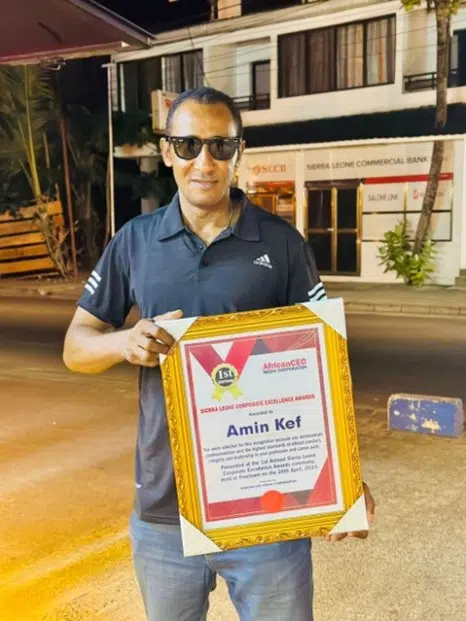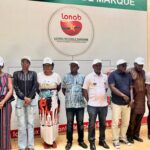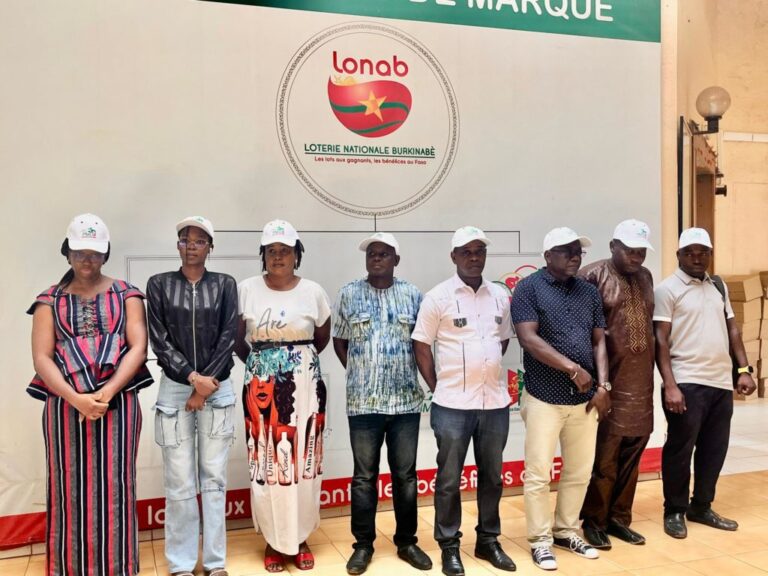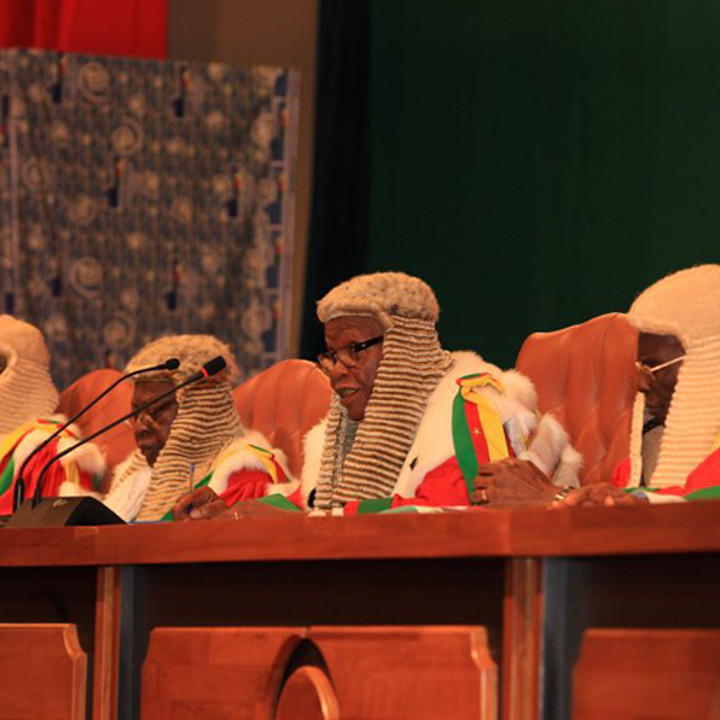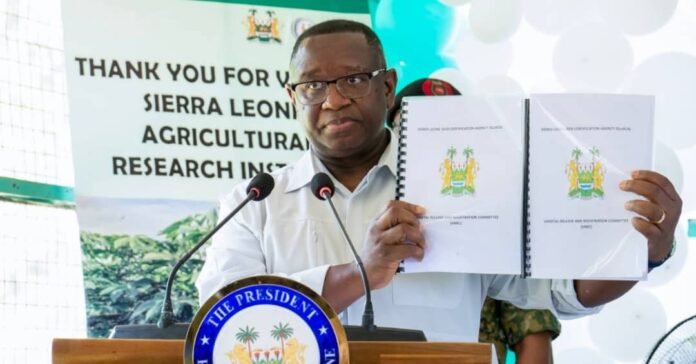
By Amin Kef (Ranger)
His Excellency, President Dr. Julius Maada Bio, has officially launched 30 improved varieties of maize, rice and cassava seeds developed by Sierra Leonean researchers; a landmark move to boost agricultural productivity and support the Government’s Feed Salone initiative. The launch took place on October 10, 2025 at the Rokupr Agricultural Research Center in Kambia District and was followed by the formal commissioning of a state-of-the-art Seed Testing Laboratory in Mile 91, Tonkolili District.
Accompanied by First Lady Fatima Maada Bio, the President interacted with farmers, scientists and development partners during the event. The newly released seeds were developed by the Sierra Leone Agricultural Research Institute (SLARI) through extensive field trials and research, supported by the Food Systems Resilience Programme (FSRP), SLARiS, the Ministry of Agriculture and Food Security (MAFS) and international partners.
The high-yielding rice varieties can produce between seven and eight tons per hectare; a dramatic increase from the national average of two to three tons. According to experts, those varieties are also resilient to climate stress, pest-tolerant and nutritionally superior.
In his keynote address, President Bio hailed the breakthrough as “a turning point” in the country’s journey towards food self-sufficiency.
“The release of these new varieties marks a scientific revolution in our Feed Salone vision,” the President said. “Through innovation and evidence-based practice, we are empowering farmers with the tools to achieve higher yields, greater resilience and stronger food security.”
He emphasized that agricultural transformation must be grounded in research and technology, asserting that “agriculture is a science” and that the Government will continue investing in research and innovation to sustain progress.
Minister of Agriculture and Food Security, Dr. Henry Musa Kpaka, reaffirmed the Government’s determination to ensure that the improved seeds reach farmers across all districts. He explained that Pillar Two of the Feed Salone initiative focuses on strengthening seed and input systems to increase productivity, raise farmer incomes and reduce food imports.
SLARI’s Director General, Dr. Abdulai Conteh, expressed gratitude to President Bio for reviving the institution from near collapse. He noted that SLARI’s renewed research capacity, supported by new donor-funded projects, has led to the development of seeds adaptable to multiple agro-ecological zones.
In recognition of the President’s leadership, one of the new cassava varieties was named “Maada Cassava.”
Later in the day, President Bio officially handed over the Sierra Leone Seed Certification Agency (SLeSCA) Seed Testing Laboratory in Mile 91 ;a facility designed to ensure high-quality, certified seeds for national distribution. The modern laboratory was constructed with support from the African Development Bank and implemented by SLARiS.
Describing the facility as “a legacy achievement,” President Bio said it would “create jobs, strengthen research and guarantee quality assurance for every farmer in Sierra Leone.”
SLeSCA’s Executive Director, Dr. Robert Chakanda, outlined the Agency’s progress since 2021, noting major achievements including:
- Increasing staff strength from 7 to over 55 employees.
- Providing local and international training to enhance technical capacity.
- Streamlining the number of seed vendors from 300 to 25 nationwide.
- Releasing over 70 certified crop varieties.
- Establishing strategic partnerships with SLARI, SLARiS, IITA, CORAF and IAEA.
- Earning an appointment as ECOWAS Committee President for the Regulation of Seeds and Plants.
Minister Dr. Henry Kpaka further emphasized the need for continuous scientific training to maintain high professional standards and innovation within the agricultural workforce.
The dual events, the launch of 30 improved crop varieties and the commissioning of the national seed lab, symbolize Sierra Leone’s transition into a research-driven agricultural era. Together, they represent tangible progress toward achieving food self-sufficiency under President Bio’s Feed Salone initiative, which aims to make agriculture a cornerstone of national growth and rural prosperity.



